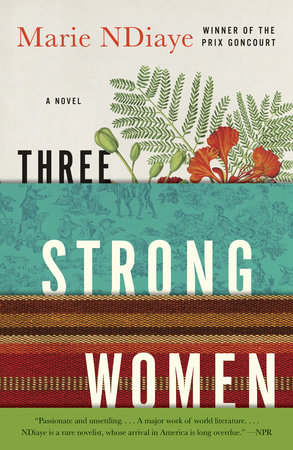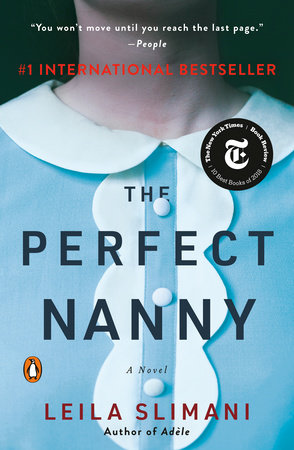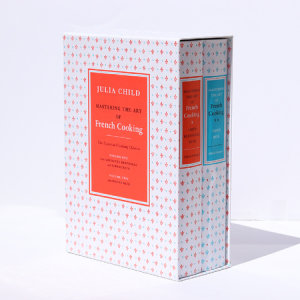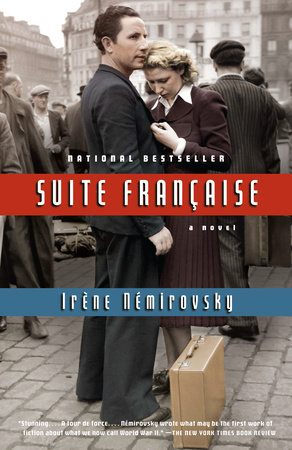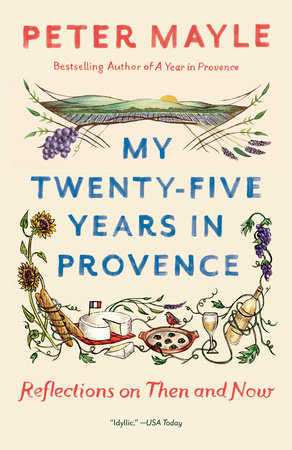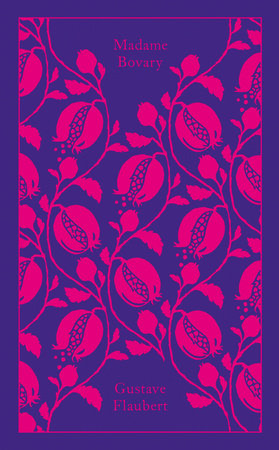Features
France with Sanaë Lemoine
Pretend you’re in France with the author of The Margot Affair

As we ease back into travel, we’re living vicariously through stories set around the world. We’ll be stopping off in different countries this year through the eyes of our authors, including Morocco with Laila Lalami, South Korea with Michelle Zauner, Indonesia with Jesse Q. Sutanto, Malaysia with Zen Cho, Jamaica with Nicola Yoon, and Antarctica with Maggie Shipstead and Julian Sancton.
To learn more about one of the most visited countries in the world, we turned to Sanaë Lemoine, the author of The Margot Affair. Sanaë Lemoine was born in Paris to a Japanese mother and French father, and raised in France and Australia. Her novel of intrigue and betrayal centers on a secret daughter of a French politician and a famous actress who drops the startling revelation that will shatter her family. Her story is the perfect starting point to travel to France from home. In the interview below, she shares with us her experiences growing up in and now returning to France, from her recommended meal to her complicated perception of home.
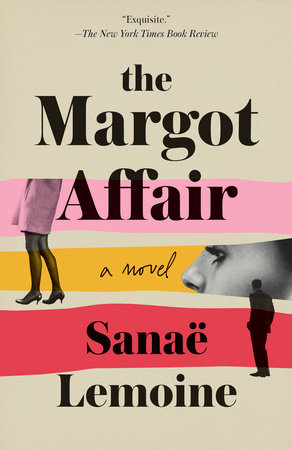


What is your favorite place in France to visit?
If I have to choose one place, it’s Brittany, where my father’s family is from and where I spent most of my childhood summers. Brittany is a peninsula in northwestern France that juts out into the English Channel and the Atlantic Ocean. It has a beautiful coastline with dramatic rock formations. It’s much less touristic than other regions of France, like the Mediterranean coast in the south, maybe because it often rains. But that’s part of why I love going there—the lush green landscapes, the cloudy grey skies, and being close to the ocean. It’s known for thin buckwheat crêpes, oysters, cider, and butter so salty you feel the crunch of salt crystals.
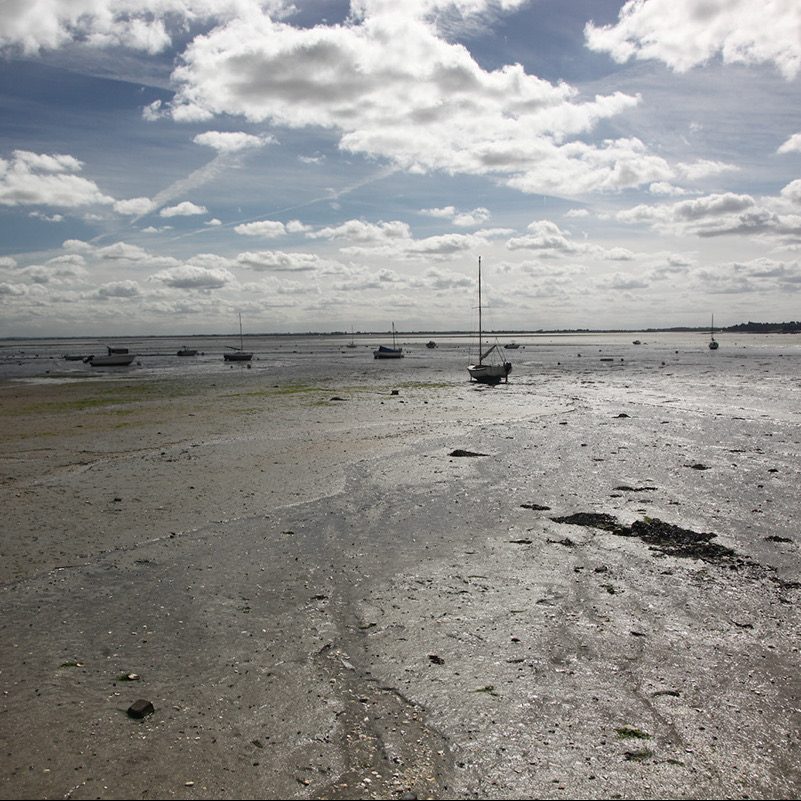

What are the places you love returning to?
I love returning to the parks in Paris. I always try to visit the Jardin du Luxembourg and Parc de Belleville, two very different green spaces. The Luxembourg reminds me of my childhood and going there with my father, so it has an element of nostalgia, and it’s also the perfect place to sit for a few hours and read. There are metal chairs strewn around the park and quiet side alleys shaded by trees. I discovered the Parc de Belleville in my early twenties, on a whim, when I learned it was the second highest elevation point in Paris after Sacré-Cœur. It’s built on a hillside with rectangular fountains running all the way down to the lower streets. At the top is a terrace that offers an unobstructed view of the city. I call it the floating park.


What is one meal you recommend for visitors?
I recommend going to your neighborhood bakery and picking up a fresh baguette. Then go to the closest supermarket for some salted butter (the kind with real salt crystals, or look for Beurre Demi-Sel) and honey or jam. Cut a long piece of baguette, slice it in half, toast it if you like, and slather with butter and a sweet topping. I promise it’s more than plain bread with butter. This is the one meal I dream of on my flight over.
Other favorites:
The apple tarts at Poilâne bakery (they’re always warm from the oven and filled with thick slices of roasted apples dusted with brown sugar), lunch at Mokonuts (everything on the menu is delicious, though make sure to order the cookies), and galettes and crêpes at Breizh Café (I order the ham and cheese galette followed by the butter and sugar crêpe for dessert).
Maybe it took leaving and seeing it with some distance, with all its flaws and charms, to appreciate it anew.
How has your perception of France changed as you’ve gotten older?
My perception of France has changed several times. I was born in Paris and moved to Melbourne with my family when I was four. We returned to France when I was twelve. While living in Australia, I missed France and longed to return “home.” I had this romanticized idea of the country—it’s where I spent my holidays and where my grandparents lived, and in many ways, I thought it was where I belonged. But when we moved back, I experienced an unexpected culture shock. I found it really difficult to assimilate. I was seen as an outsider because I hadn’t gone to a French school in Australia, the teachers teased me in front of the other students, I didn’t have the “right” clothes, I didn’t attend catechism… In other words, I wasn’t French enough. And I’d forgotten how long the winters were, how the sun was only up for a few hours, often hidden behind clouds. I was homesick for the warmth and expansive outdoors of Australia.
At seventeen I graduated from high school and moved to Philadelphia for college. By that point I didn’t miss France at all and was relieved to be in this new environment where I could study subjects I loved: writing, art, comparative literature. However, in my twenties, as I began writing my novel The Margot Affair, which is set in Paris, I fell in love with France again. Maybe it took leaving and seeing it with some distance, with all its flaws and charms, to appreciate it anew. Maybe it was also the act of writing about France—immersing myself in this world I knew intimately, and describing it through the lens of fiction, almost as if I could reimagine my adolescence in the suburbs of Paris.
Last time I was in Paris in January 2020, I took a long walk along the Seine on one of those typical grey winter days. The weather was awful, cold and misty, and I was reminded of all those winters through high school when I dreamed of escaping. I had been miserable. But on that afternoon, almost thirteen years later, I was overcome by a fondness for the drizzle and cold. Even now I think about how much I’d love to be there, at this time of the year.


Where is home to you?
This is such a hard question to answer! I feel pulled in different directions when it comes to home. I’ve lived in New York since 2011 and became an American citizen last year. This is home to most of my friends and writing community, and it’s where I feel most at ease. At the same time, I feel this deep-rooted connection to France as a place of origin. Whenever I step out of the airport in Paris, I experience an immediate physical recognition that I don’t have in New York, though who knows, maybe in a few years it’ll have shifted. When people in New York ask me where I’m from, I usually answer France, although it’s half of the answer, because my mother is Japanese, and I spent eight years of my childhood in Melbourne. It’s made more complicated by my mother, who lived in Argentina for twenty years. We speak Spanish to each other. Home is New York, France, and a little Japan, Argentina, and Australia, too.
Thank you Sanaë! Discover her novel, The Margot Affair, as well as more of our book recommendations set in France, from classics to cookbooks.
